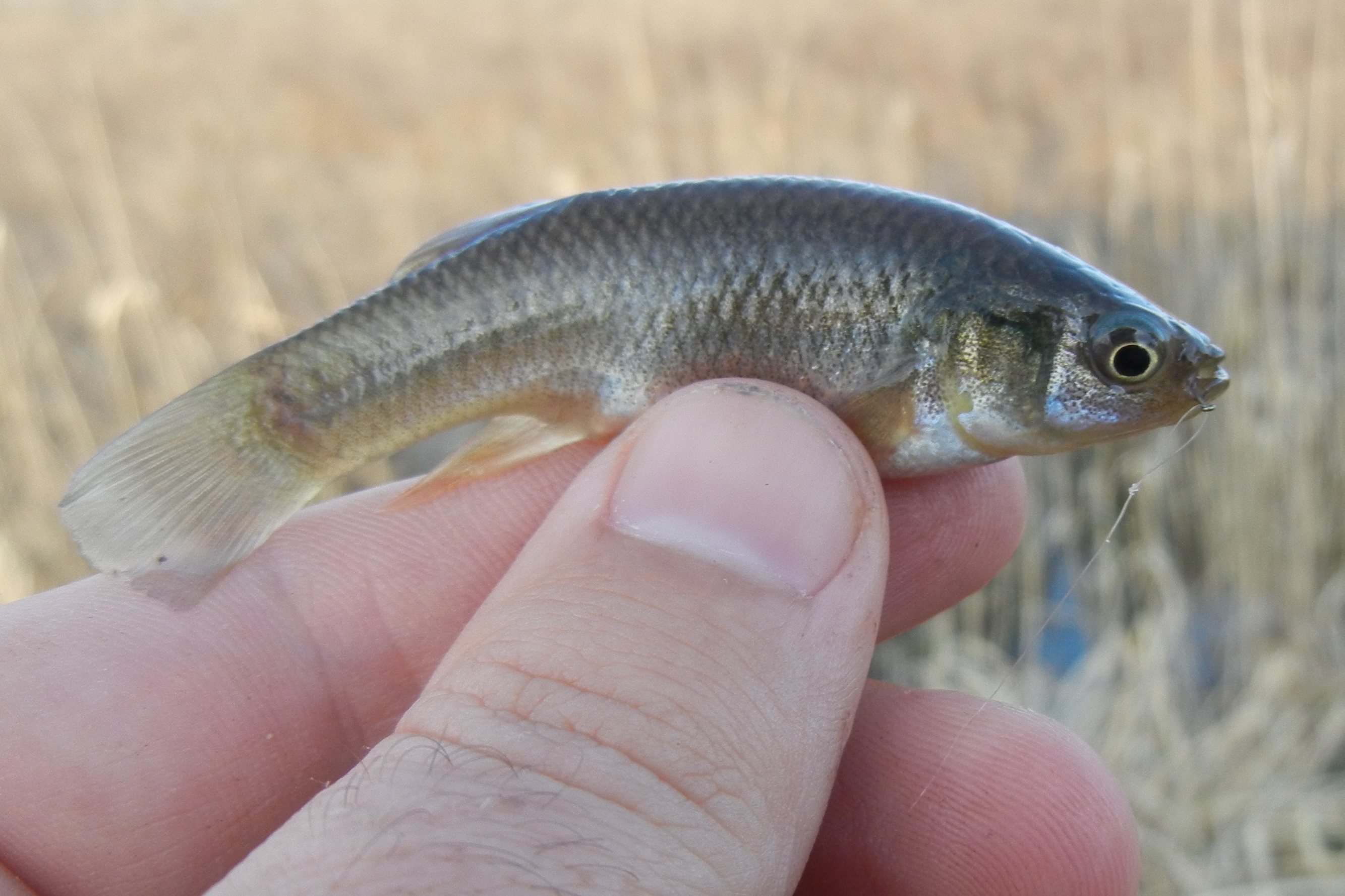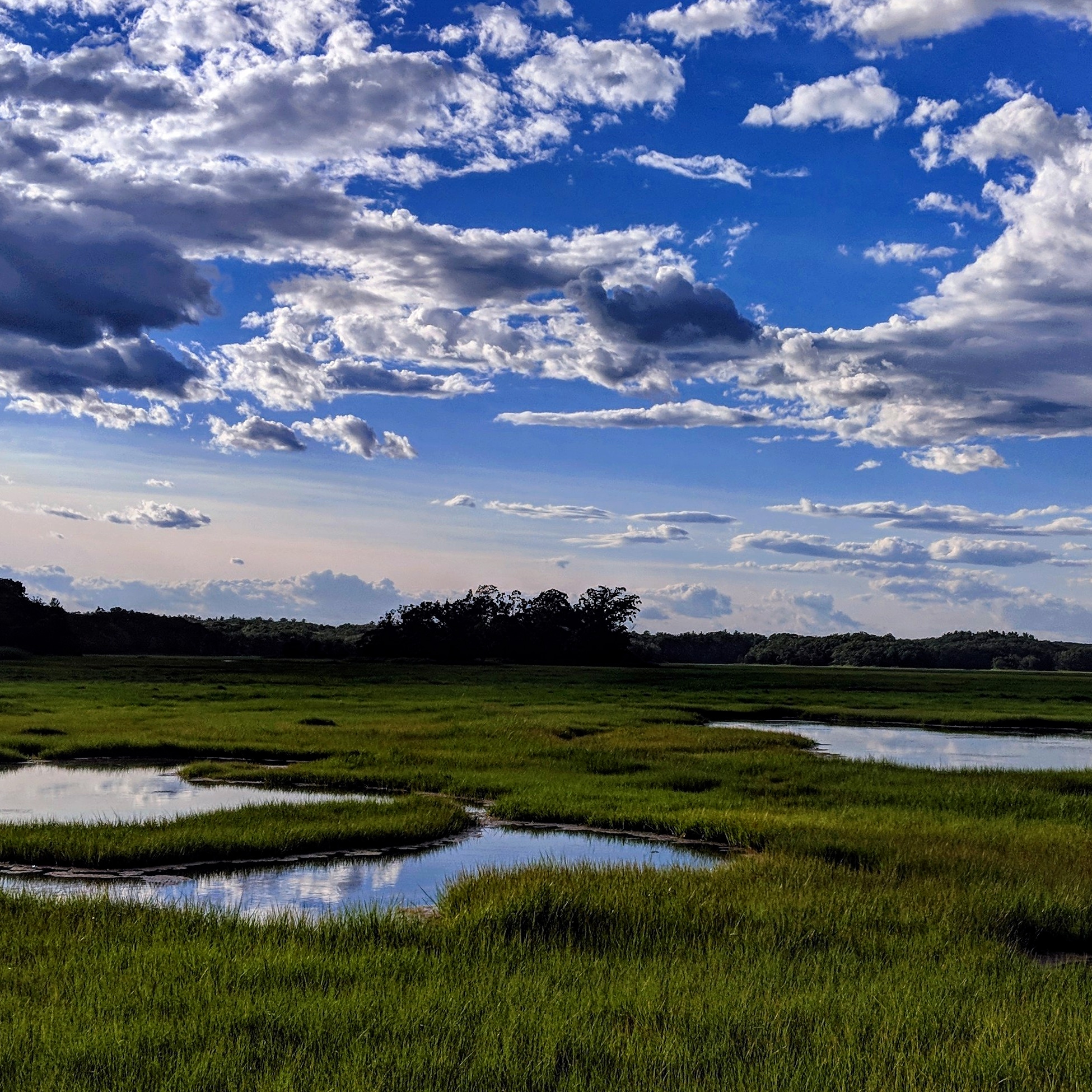
When I tell my friends and family members I am studying marine science, I think they immediately picture me doing something grandiose like saving the orcas or cleaning all the plastic out of the ocean. I can always see this glazed look in their eyes set in when I clear my throat and inform them that, in fact, my current species of focus is a sort of minnow called the Mummichog.
“Mummi-what?” I can see them thinking.
That’s just the tip of the iceberg though. The question they most seem to regret though is asking what exactly it is I am studying about these minnows. As much as I’d just like to just say “how mummichogs having less access to the high marsh platform due to the impacts of anthropogenically-driven changes in low marsh geomorphology affects the diversity of biota they consume while utilizing the high marsh during spring tides”, that seems to go over people’s heads with room to spare.
So much to nobody’s preference, I seem to find myself instead launching into a 15-minute long tangent contextualizing eutrophication and the its effects on plant morphology, and how changes in plant morphology destabilize creek beds and low marsh degradation limits mummichog access, etcetera, etcetera. That’s when the glazed look just turns into full-on brain death and and my audience starts to feel the brunt of their regret.

“Why couldn’t she just have said dolphins” I see them thinking now.
It’s taken a few iterations of this story to realize that my friends and family don’t really want to know the nitty gritty details of what my research question is, they want to know why what I am doing is important. They want to know why, while great barrier reef is dying, I am interested in what insects minnows are eating. What they really want to know is that salt marshes are one of the most productive ecosystems on earth. That they are one of the most efficient terrestrial habitats at fixing the carbon we are pumping into our atmospheres. That they act as invaluable barriers between our coastal cities and sea level rise. Then, when I tell them that mummichogs, in essence, power the entire ecological system, it is easier to understand why it’s so vital to understand these tenacious little fish.
–Olivia Floyd (REU Summer Intern)
Leave a Reply